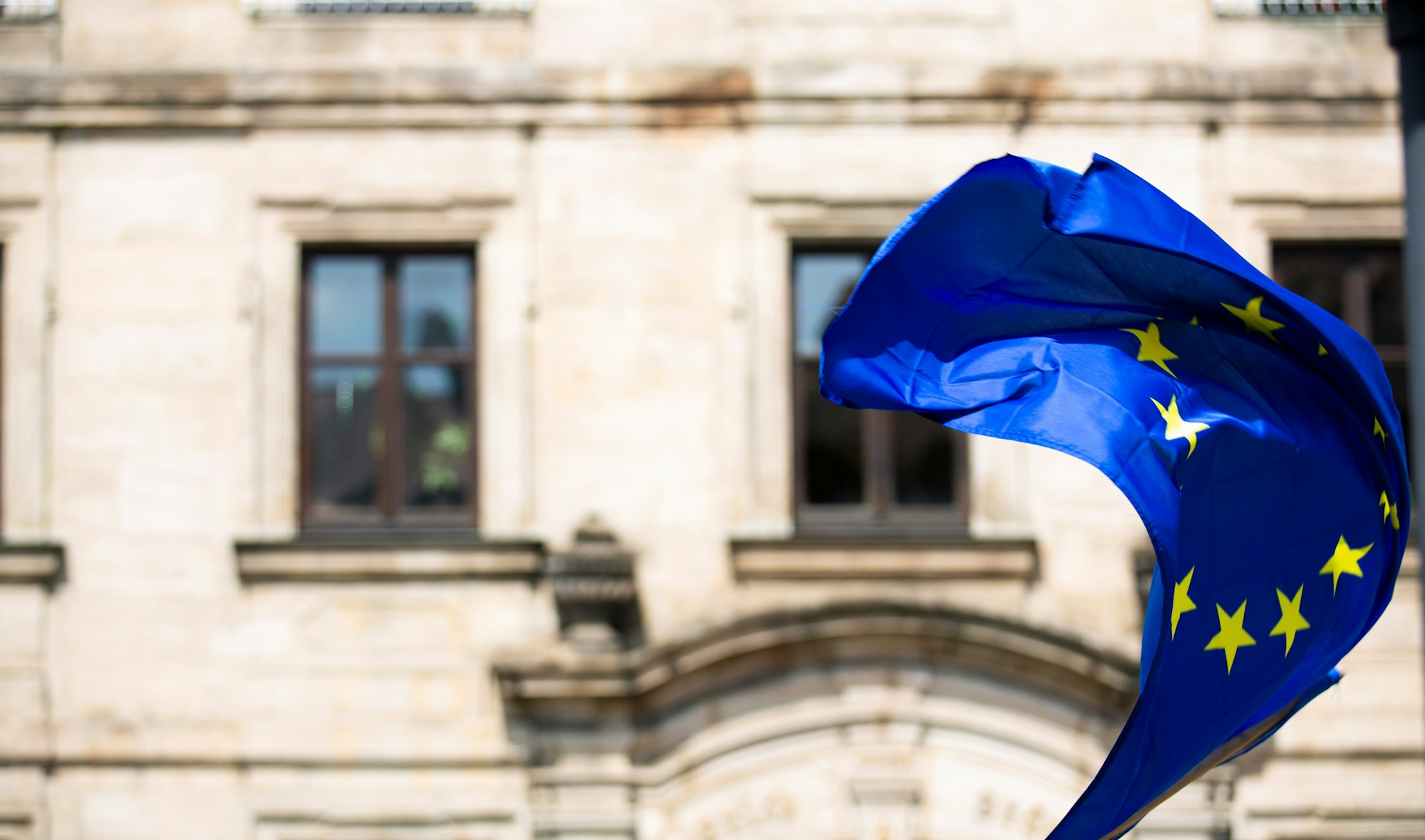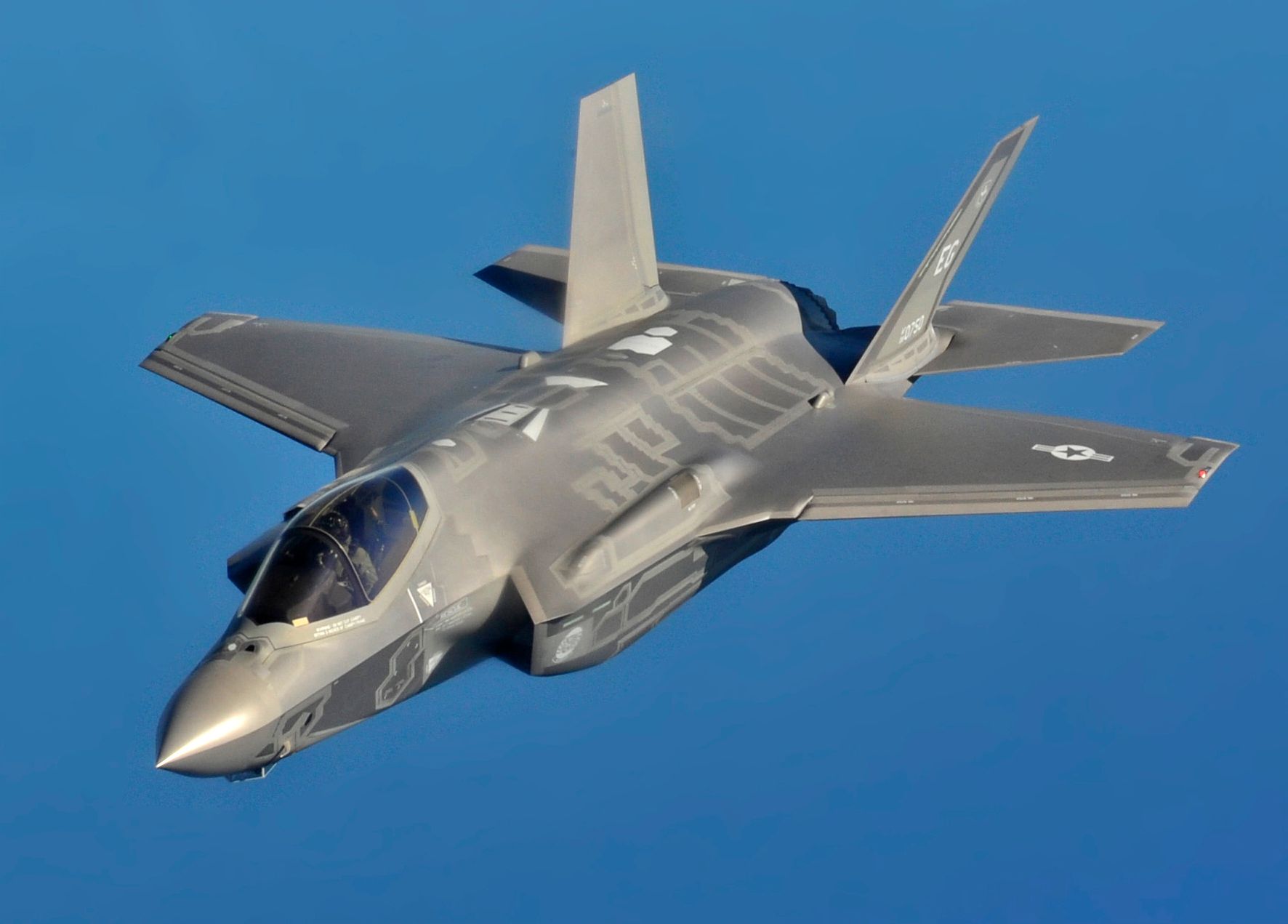Did the EU Call for Humanitarian Pause in the Israel-Hamas Conflict?
In addressing the Israel-Hamas conflict, the EU has implemented several actions. Firstly, the EU has voiced its concern and called for a humanitarian pause to allow the delivery of much-needed aid into Gaza

In response to the ongoing Israel-Hamas conflict, the European Union (EU) has expressed deep concern and called for a humanitarian pause in the fighting. The primary objective is to allow aid to enter Gaza, while also affirming support for Israel's right to defend itself against Hamas. However, the EU has criticized Israel's siege of Gaza and emphasized the importance of respecting international law.
Working towards peace in the region, the EU has been actively exploring various approaches to foster peace talks between Israel and the Palestinians. The ultimate goal is to establish two states living side by side in peaceful coexistence. Despite not having a direct security role in the conflict, the EU possesses considerable leverage in terms of aid and trade.
Domestic Politics
One of the key concerns for the EU is the impact of the conflict on European societies and politics. The rise of antisemitic attacks and intra-societal tensions have raised alarm bells within the EU. As a response, the EU has called for the protection of Jewish communities and has condemned Islamophobia, stating that it has no place in European society.

In addressing the Israel-Hamas conflict, the EU has implemented several actions. Firstly, the EU has voiced its concern and called for a humanitarian pause to allow the delivery of much-needed aid into Gaza. Additionally, the EU supports Israel's right to self-defence, but simultaneously criticizes Israel's blockade of Gaza and urges for adherence to international law.
The EU acknowledges that solving the conflict requires a comprehensive approach. To that end, EU foreign policy chief, Josep Borrell, advocates for diplomatic and financial support from the EU to bring an end to the long-standing conflict between Israel and the Palestinians. This demonstrates the EU's commitment to resolving Europe's security challenges through peaceful means.
In managing the consequences of the Israel-Hamas conflict, the EU has also reviewed its assistance to the Palestinians to ensure that none of it benefits Hamas. This demonstrates the EU's commitment to preventing the diversion of aid towards parties involved in the conflict.
The problem with Israel's right to kill
Despite the EU's united stance on calling for a humanitarian pause and support for Israel's right to self-defence, member states within the EU hold differing perspectives. Some nations provide unwavering support for Israel, while others express sympathy for the sufferings of the Palestinians.
Moving forward, the EU remains dedicated to promoting peace talks and finding a lasting solution to the Israel-Hamas conflict. It emphasizes the importance of respecting international law, protecting Jewish communities, and combating Islamophobia. The EU's substantial aid and trade leverage positions it as a key player in influencing the situation and fostering a peaceful resolution.
The EU's response to the Israel-Hamas conflict reflects its concern for both sides. While expressing support for Israel's right to self-defense, the EU emphasizes the need for a humanitarian pause and calls for adherence to international law.
By exploring peace talks and leveraging its aid and trade capabilities, the EU aims to establish two states living peacefully side by side. Through these actions, the EU strives to address the impact of the conflict on European societies and politics, ensuring the protection of Jewish communities and promoting harmonious coexistence.


